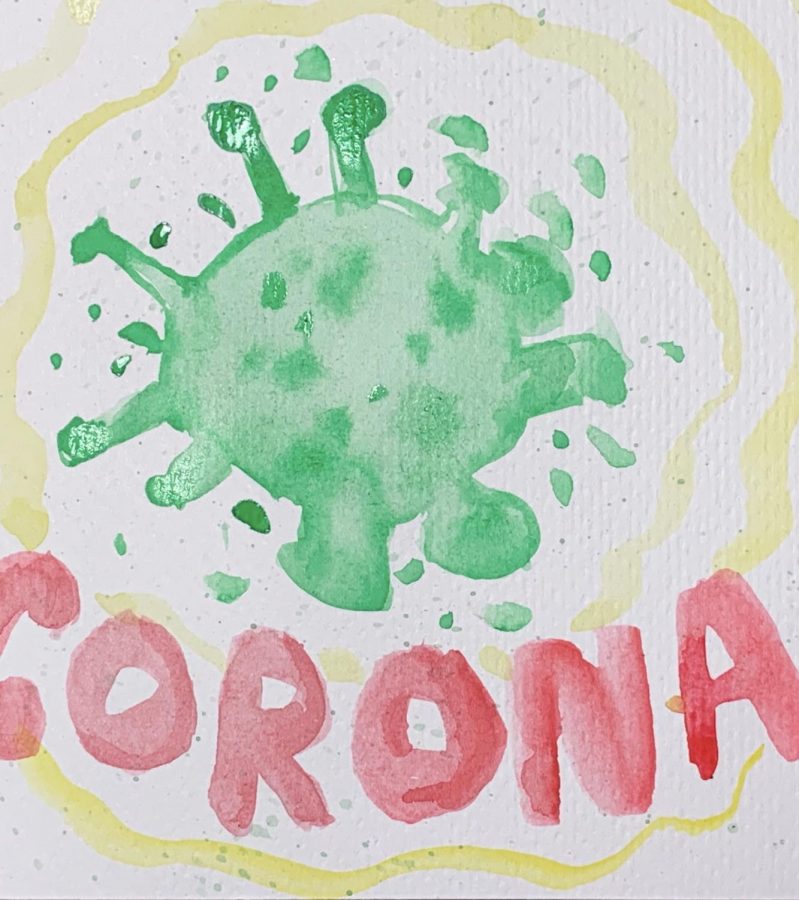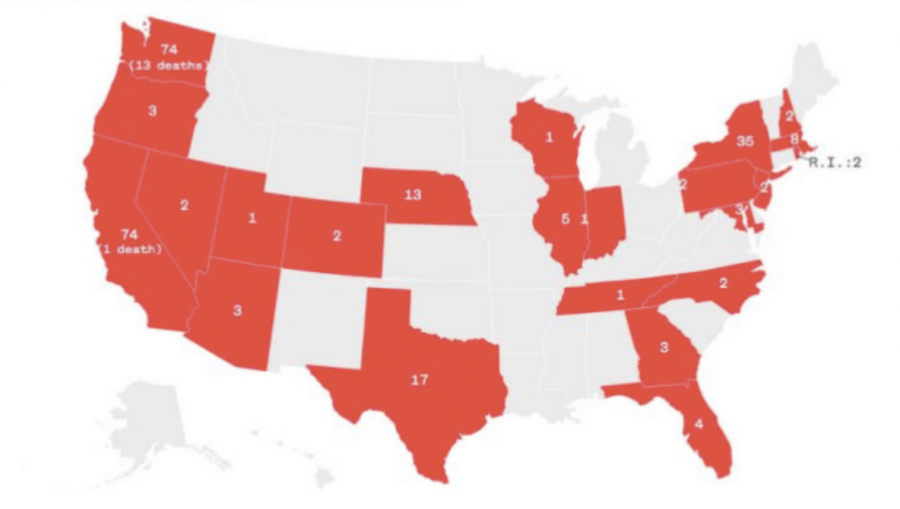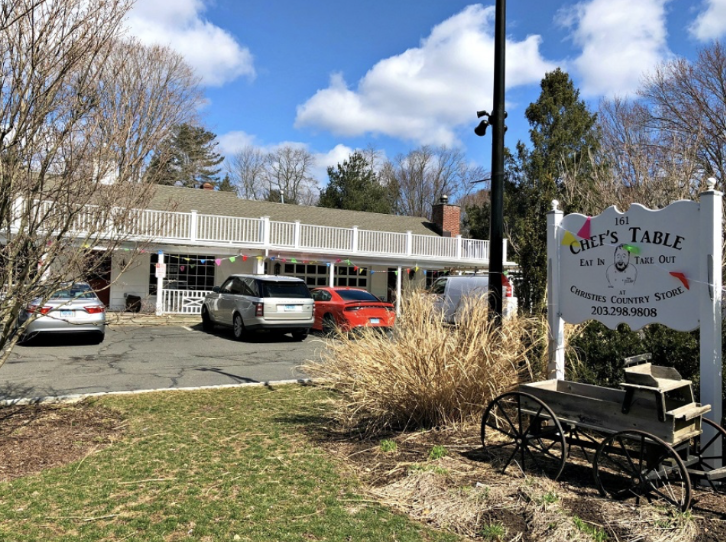Is a stunt straight out of “Fear Factor”: drinking a bottle of Windex.
That’s Windex, a cleaner featuring “ammonium hydroxide,” or the chemical ammonia, mixed in water.
That’s ammonia, an ingredient used in the Staples cafeteria ground beef through the end of this year, according to a PTA newsletter statement from Superintendent Elliott Landon, announcing a “new option for school lunch programs.”
The meat additive Lean Finely Textured Beef—or, more commonly, “Pink Slime”—has been featured sensationally in the national media for the past several months.
British celebrity chef and health campaigner Jamie Oliver brought it to the country’s attention, describing it as the leftover trimmings from butchered meat, “all the bits that no one wants.” Oliver continued, on his ABC food show, “This meat is not fit for human consumption, but inAmerica, they’ve found a piece of technology that can turn this into something that turns up in your school food.”
For AP Environmental Science teacher Michael Aitkenhead, the product is disgusting: “Yuck. It’s so highly processed you really don’t know what you’re putting in your mouth,” he said.
Brianne Birch ’12 added, “I literally think I’m going to throw up.”
When approached with questions regarding the additive, the staff of the Staples cafeteria declined to comment. Landon’s newsletter said only thatWestporthas directed Chartwell’s, the school food services contractor, to “ONLY purchase ground hamburger meat” without the additive in the 2012-13 school year.
Why will the additive continue to be used in food currently served? Landon’s letter did not answer the question. And Frank Rupp, director of dining services for the town ofWestport, deferred to Landon’s letter when asked for comment.
It’s also unclear what foods in the cafeteria include the additive; current federal laws do not require labeling on beef that includes the treated beef scraps.
“As someone who is naturally adept at culinary, I’m very used to knowing the entire process behind my food, and one important part of that is where your food comes from,” Rusty Schindler ’13 said. “Not knowing what’s in the Staples cafeteria food is disgusting.”
Some say that the additive is not harmful. Yes, ammonia is used to coat the additive; however, this is only to aid in killing any potential bacteria that may be living on the meat scraps. The bacteria could lead to serious illnesses, like salmonella or E. coli, that can be life-threatening.
According to government researchers, the company that makes the meat additive uses only government-regulated beef. The beef is centrifuged, which separates the fat from the meat; the product is relatively cheap as lunch officials claim it saves school budgets upwards of $1 million per year.
The additive is by no means a new addition to meat products; it originated in the early 1990s in fast food chains such as Burger King, McDonald’s, and Taco Bell. Only recently has it garnered consumer attention.
“The first thing I thought was: I’ve been eating this stuff for much of my life? That’s disgusting,” Principal John Dodig said.
Megan McArdle of The Atlantic cites this visceral reaction from consumers as a response to the fact that the ammonia-treated scraps were used in several brands of pet food.
McArdle argues that consumers are appalled by what they see as a low-class eating style rather than food “not fit for consumption.”
According to Rupp, Chartwells will make these changes to the meat selection forWestport schools starting next school year.
“Chartwells has a good longstanding relationship with the town ofWestport. We will comply with any and all requests,” he said.
Dodig is in agreement with Rupp, endorsing the Chartwells program.
“I’ve been in schools for 43 years and I’m telling you, Chartwells is the best of the bunch,” Dodig said.
Landon shares the same perspective as the other two, saying in an e-mail interview, “Chartwells observes the highest standards in bringing food services to our students and has been responsive to students and parents for more exciting food choices for our students.”
Some students, though, remain wary and say they’ll choose their lunches carefully.
“Pink slime sounds disgusting,” Birch said. “I think I’ll just stick to the salad bar.”


















































